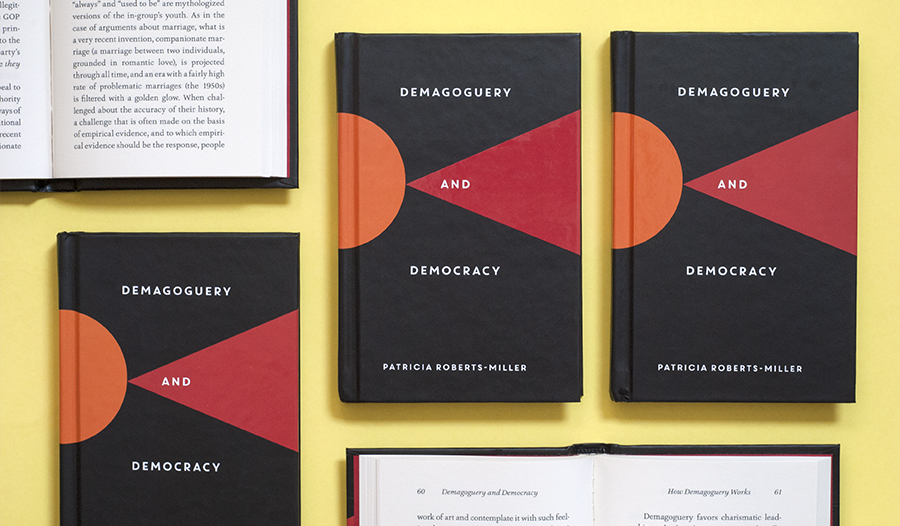
Once again, a mass shooting, and, once again, a committed unwillingness or inability to deliberate sensibly about our policy options regarding gun violence. The most common narrative–and most damaging–is that we are at impasse because the issue is a zero-sum battle between two essentially hostile groups (“pro- v. anti-gun” or “pro- v. anti-gun control). The NRA, for instance, says that this (actually complicated) issue is a binary of people who are pro- or anti-gun. They claim that “pro-gun” is the same group as “gun owners.” They tell their base that gun owners are facing a binary: either support the NRA, or Obama personally kicks down your doors and takes all your guns.
All major media endorses that false binary and the resulting false narrative.
To the extent that media frame issues about gun ownership as pro- or anti-gun (or gun control), they endorse the NRA narrative.
This binary is false, and doesn’t describe our situation at all. The more we think our world is made up of two groups–people who want all the guns in all the hands and all the places, and a group that wants no guns of any kind for anyone or anywhere–the more we are going to stay caught in a trap we’ve set for ourselves. And that benefits the NRA, and guarantees lots more mass shooters.
In fact, the NRA does not represent gun owners–it has much more extreme stances on all sorts of policy questions about access to guns than most gun owners–but gun owners do tend to believe NRA demagoguery about the opposition wanting to take all their guns. Thus, to the extent that media describe our policy discourse about gun ownership as pro- or anti– (and especially pro- or anti-“guns”), it helps the NRA in its demagoguery.
There is a tendency to assume that, when it comes to gun violence, we have a polarized public. One side is reasonable, principled, and caring, and the other is irrational, intransigent, and extremist. Oddly enough, everyone agrees that’s the situation (it isn’t), but, if we agree that’s the situation then we just fight about who is sensible.
In pro-NRA rhetoric, gun owners are reasonable, and anyone who wants any kind of restrictions on gun ownership is in the group of irrational and fearful extremist. NRA rhetoric characterizes “gun control advocates” as “anti-gun,” who want to criminalize all gun ownership and repeal the Second Amendment. Any change in gun policies other than more guns is a step on a slippery slope to the world of Obama kicking in your door to take your guns. Many critics of the NRA accept the false premise of two groups, and simply flip the characterizations. They paint gun owners as irrational extremists who need guns because they are fearful and fragile, whereas gun control advocates are rational and realistic. As long as we begin with the false assumption that “the” gun debate is a battle between two groups, we’ll waste all our time arguing which one is the irrational one instead of reducing gun violence.
That media, all media, frame our complicated disagreements about policies as a binary of identities means that they are endorsing the NRA argument that this is an existential battle between people who own guns and people who want them banned.
If we focus on policies instead of thinking about this issue about identity, then two things immediately become clear. First, in terms of policy affiliation, there is not a zero-sum war between a group that wants no restrictions on gun ownership and another that wants no gun ownership at all. In fact, the majority of gun owners are advocates of gun control.
As numerous polls show, gun owners overwhelming support some restrictions on gun ownership. A 2017 poll by the Pew Research Center (“Views on gun policy”) shows that approximately 80% of the gun owners polled support background checks, preventing the mentally ill, people on watch lists, and people on no-fly lists from buying guns. Only 33% of gun owners endorsed permit-less concealed carry. Michael Siegel and Claire Boine’s The Meaning of Guns to Gun Owners in the US (2020) shows similar levels of support for restricting gun ownership for the mentally ill, as well as for people at risk for suicide, or with certain kinds of criminal records; A majority support “red flag” laws, and background checks. As Boines and Siegel say, “The majority of gun owners supported every policy for which they primary aim was to keep firearms out of the hands of people at high risk for violence.”
In other words, most “gun owners” are “gun control advocates.” It isn’t a binary.
The second point follows from the first. The NRA’s policy agenda of responding to gun violence by getting more people to buy more guns does not represent the views of gun owners. Gun owners and the NRA are not a homogeneous group, despite what it (and too many of its critics) say. The binary of irrational gun owners who want all the guns for all the people in all the places versus sensible people who want some restrictions is also a false binary.
If most gun owners are gun control advocates, why don’t we have the policies about which there is so much disagreement? And the answer is demagoguery.
While the majority of gun owners reject the NRA’s policy agenda, they believe its representation of the Other.
According to Boines and Siegel, “the majority of gun owners have accepted the NRA’s rhetoric that the ultimate aim of firearm violence prevention advocates is to take away their guns and eliminate the Second Amendment.” If gun owners believe that there are only “two sides” on “the” issue of gun violence, then they are unlikely to advocate the policies they actually want, since those policies would seem to be letting anti-gun extremists win a skirmish. And, to the extent that advocates of restrictions on gun ownership accept the false binary of identity, the fears of gun owners are confirmed.
We don’t step out of this trap by trying to understand the Other side better, or attributing better motives to Them, or any other approach that assumes the problem is hostility and misunderstanding between two groups of people. We stay out of the trap by understanding that reducing gun violence means enacting policies and funding programs about which we can agree.
[There’s a longer, and more sourced, version of this argument in Rhetoric and Guns.]

